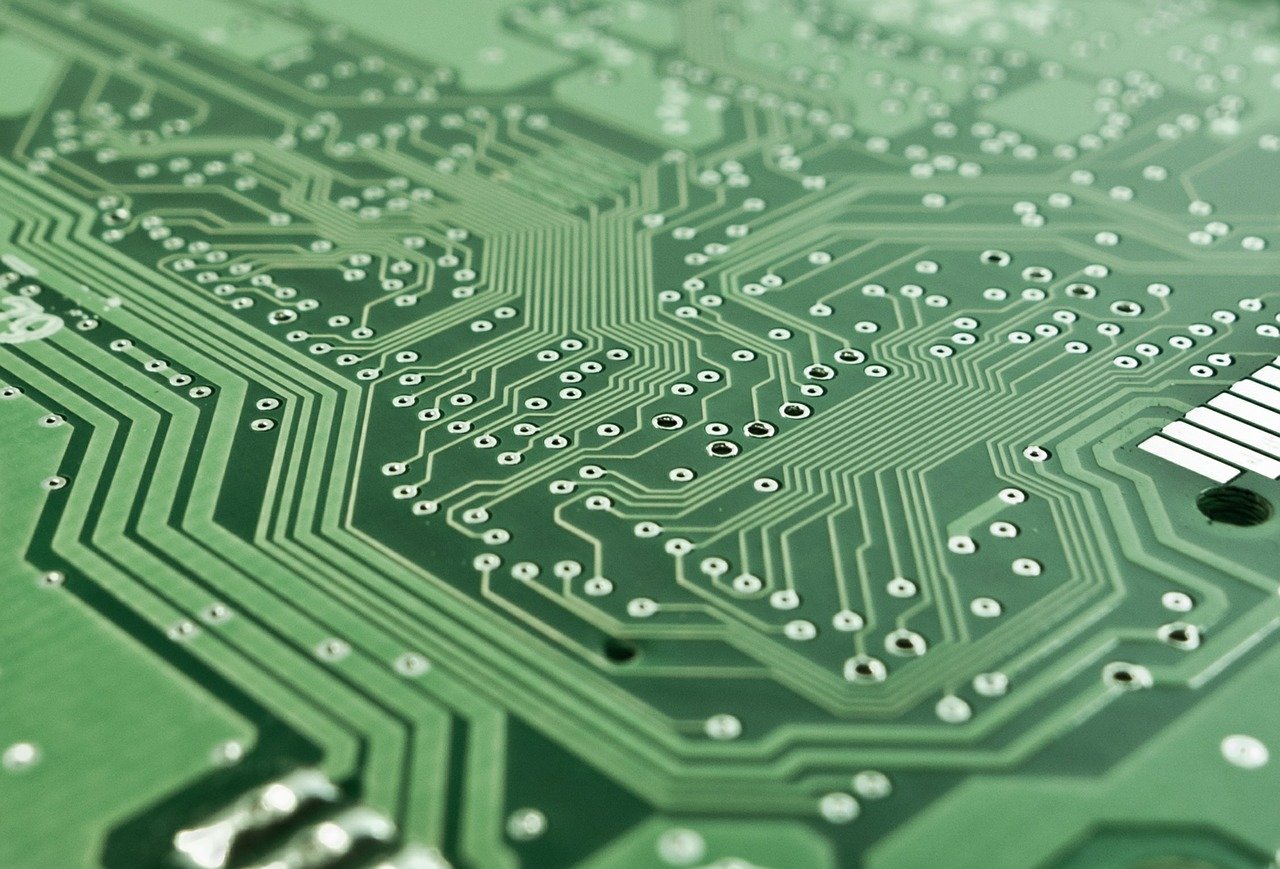
As I was scrolling through some random Twitter feeds that came up in my email, I saw the following statement come up from a fellow physician: “Physicians should not use the amount of paperwork as means to decide on which specialty they should choose.” Well, as I stared at this statement, I became more and more incensed. Why? Because many burgeoning medical students were possibly looking at this Twitter feed. And, some may utilize this suggestion as they search for their specialty of choice. Meanwhile, this statement/question could not have been further from the truth. An excessive amount of paperwork could ruin the most glamorous and exciting medical specialty work.
High Paperwork Burden And Electronics Health Records (EHR) Use Is A Cause For Burnout
One of the main reasons for burnout and lack of interest in a specialty is the excessive paperwork and the inordinate number of clicks on an EHR system. This person suggested that medical students should ignore this factor and go into a subspecialty regardless. Now, I don’t know about you. But, for me, one of the best parts of radiology is having to deal with much less paperwork than our colleagues in other subspecialties. I delight in not having to constantly document interactions with patients and write tons of prescriptions, and mull through a myriad of HIPAA forms every day. These are tasks that would have made me miserable. And, we, as radiologists, do not have nearly as many of these issues as other subspecialties.
Of course, I also chose radiology based on the diversity, large information base, and my interest in technology. But, if I knew at that time that we had so much less paperwork than most other specialties, that would have indeed reinforced my decision. I certainly would use it as a way to choose between several subspecialties of interest!
Should We Use The Benefit Of Less Paperwork To Our Advantage In Recruitment?
Now, telling medical students that they should choose our specialty because we have less paperwork is like saying to become a secretary because you get to sit down all day. Sure, it is a perk of the job, but not the reason for joining our fold. But if presented in the right way and placed in the context of how other specialties have to deal with the work daily, it could become a game-changer. Have a student ask an internal medicine doctor how much time you spend on dictating reports and phone calls. And then have them sit with them while they are doing these tasks. The amount of time spent away from the more exciting patient care activities may shock them!
Then, have a student sit next to a radiologist on any given day. And let them see the amount of time we get to spend on patient care activities such as looking at films and performing procedures. They will see a significant difference between the amount of paperwork and EHR time. Then, they can use these factors as a valid means to deciding on which specialty is right for them.
Let The Student Decide On A Specialty Based On The Facts!
We all should choose a specialty in medicine based on the facts, not on emotion alone. One of those critical factors is the amount of paperwork and EHR. It is a pressing problem. And, pundits should not gloss over the unenticing aspects of a specialty. Practicing a medical specialty is not just about the glorified moments in the operating room or with a patient.
In reality, you can’t always do only the things you love. You also need to accept the facts of any specialty. And, if excessive paperwork is one of those realities, students need to know about it and make an informed decision. Negative information cannot just be swept under a rug when you make your specialty choice!







